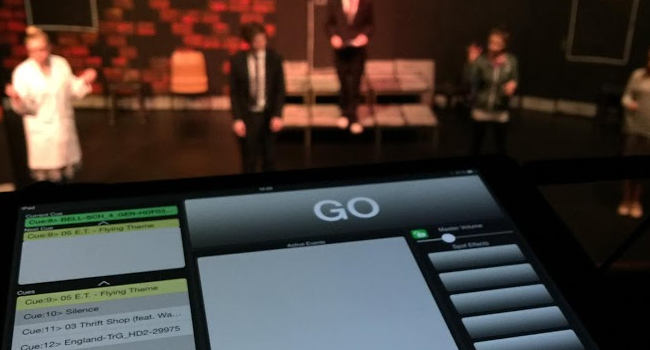[Original published on 30th June 2015]
When I first started teaching ICT most people said that it is one the easiest subjects to teach because students like playing on the computer. This is totally not the case; there is a big difference between playing on a computer for leisure purposes compared to passing an exam or coursework. The boundaries and guidelines teachers and students need to go through is strenuous and cause lots of teachers to spoon feed students through the learning process.
What separates the successful mobile learning projects from the unsuccessful? This is a ‘million dollar’ question, and I’ve thought long and hard about it. From the 17 large 1:1 projects I’ve worked on, only three have been truly successful in producing transformational learning. In your own experience, how many schools do you know who have transformed learning vs how many you know rely on iPads as laptop placements, focusing on web browsing and research functions only? I’m sure you’ll draw similar conclusions to my own, but if a handful of schools can transform learning with mobile devices, how do we replicate it across more schools? I believe I’ve found the answer.
[Originally published 26th May 2015]
Young children are growing up in a world where touchscreens are normal. Not only that; they have never lived in a world without the Internet. With that in mind, it is important to embed the use of technology across the curriculum at Primary level so that their natural curiosity about the world can be encouraged by technology. This is especially true in many schools where children work on cross-subject, project-based learning style topic work, which naturally lends itself to child led exploration of a topic - of which using IT can be a valid and exciting part. This is ten ways teachers of younger children can use IT to improve learning in their classroom.
The relationship between Ofsted and school technology is an issue relevant to every school. If yours isn’t one of the 70% of schools using iPads or tablets, you’ve probably had discussions about whether or not to go ahead and implement them. What I’m going to talk about should be of interest, then, because Ofsted’s focuses are shifting, and the progression towards attention to tablet computing has been swift.
“Stop throwing snowballs at those pupils or I else I’m going to have to freeze you!”
When you enter the world of MinecraftEdu, be prepared to say some pretty surreal things to pupils during your lessons. I used the exact words above a few days ago during a lesson using Minecraft when a pupil went ’virtually’ off-task, had figured out how to procure snowballs, then promptly began a one man crusade against his classmates! Happily no major incident ensued and the situation was easily remedied. After a few clicks on the teacher control panel, said pupil was frozen out of the world for a few minutes, reprimanded and the class continued. There are risks in trying something new in teaching and MinecraftEdu is not any different in that regard.
We know that mobile technology can work wonders for the classroom, but how can it be used during Performing Arts productions? Ian Fletcher of Driftwood Software explains how the iPad is the perfect tool for setting the right atmosphere.

Close your eyes and listen. What do you hear? If the answer is “nothing”, then try again. There are very few places in the world that are completely silent. Every room, every environment has a sound. Understanding this and using these soundscapes correctly within a school or college Drama production can make a massive difference to the suspension of disbelief you are trying to create. And the act of thinking about and designing them can be a fun exercise for a drama class and make sound a more inclusive subject.
Pupils have a huge amount of technological potential at their fingertips, but how to best go about making sure that they’re fully-set to take on the digital world beyond? Downe House’s Jane Basnett gives her top eight tips.
What if, like many schools, your school has not gone down the tablet route? What if your school is simply trying to make the most of the excellent web-based tools that are available? It really does not matter whether you are or you are not a tablet school; a programme still needs to be made to ensure that students leave school digitally prepared for what lies ahead.

A community-driven platform for showcasing the latest innovations and voices in schools
Pioneer House
North Road
Ellesmere Port
CH65 1AD
United Kingdom